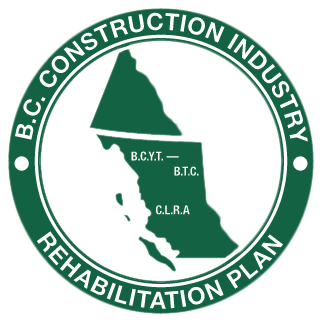Coping with Sexual Abuse
There are many types of abuse a person can suffer from in their life — emotional, physical, sexual, and psychological — to name just a few of the more common ones. But sexual abuse can often leave the most lasting scars, because of the force, threads, or manipulation used to perpetrate the unwanted sexual activity. Victims of sexual abuse often feel victimized a second time if they go and report the abuse or sexual assault. Not only is the process emotionally draining, but it takes an additional emotional toll when it’s realized that most victims of sexual abuse know their perpetrators. In fact, it can be a close family member, a partner or spouse, or even a boyfriend or girlfriend. This adds another layer of pain, disbelief, and complexity to the abuse.
Many people who suffer from sexual abuse or sexual assault can also suffer long-term effects from the abuse. These effects may include post-traumatic stress disorder (PTSD), overwhelming anxiety, panic attacks, and being afraid of going outside or in places that remind the person of the abuse.
Overcoming the overwhelming impact of sexual abuse is something that takes most people a lot of time. A person who’s suffered from sexual abuse may feel very depressed, sad, lonely, and hopeless. Many people choose to seek out treatment for these feelings, which can help speed up the healing and recovery process. Treatment most often includes a form of psychotherapy focused on helping a person understand and recover from the sexual abuse or sexual assault. In some cases, psychiatric medication to help a person with their anxious feelings may also be warranted.
The most important thing a person needs to realize if they are the victim of sexual abuse is that it is not your fault. There is nothing a person does that warrants sexual abuse (especially if it occurred in a person’s childhood) or sexual assault. Sexual abuse occurs because of a problem with the perpetrator’s personality, perspective, or understanding about respecting other people’s rights — they are the criminal, not you.
Need immediate help for domestic violence, child abuse, or sexual abuse? Call toll-free: 800-799-7233 (SAFE). If you need help with rape or incest, please call the Rape, Abuse, and Incest National Network (RAINN) toll-free at 800-656-HOPE.
